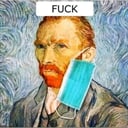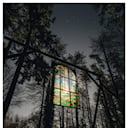What were the last two letters added to the English alphabet?
In the orthography of Modern English, thorn (þ), eth (ð), wynn (ƿ), yogh (ȝ), ash (æ), and ethel (œ) are obsolete. Latin borrowings reintroduced homographs of ash and ethel into Middle English and Early Modern English, though they are not considered to be the same letters but rather ligatures, and in any case are somewhat old-fashioned. Thorn and eth were both replaced by th, though thorn continued in existence for some time, its lowercase form gradually becoming graphically indistinguishable from the minuscule y in most handwriting. Y for th can still be seen in pseudo-archaisms such as "Ye Olde Booke Shoppe". The letters þ and ð are still used in present-day Icelandic while ð is still used in present-day Faroese. Wynn disappeared from English around the 14th century when it was supplanted by uu, which ultimately developed into the modern w. Yogh disappeared around the 15th century and was typically replaced by gh.
The letters u and j, as distinct from v and i, were introduced in the 16th century, and w assumed the status of an independent letter, so that the English alphabet is now considered to consist of the following 26 letters:
a b c d e f g h I j k l m n o p q r s t u v w x y z
More Info:
en.wikipedia.org










